
Time in nature: A simple solution to improving your health and well-being
Clare Woolston
Posted: May 31, 2019
Around you is concrete, noise, traffic, and people everywhere. You feel you have so little time. For many of us, this is our everyday urban reality. And it’s impacting negatively on our health and well-being.
But what if someone told you there is a simple antidote? And that antidote is time in nature? Would you believe them?
There’s certainly enough proof. Research is showing more and more how increasing our connection to nature drastically improves our overall health and well-being. So much so that several governments around the world are taking notice and making changes for their citizens.
What are the impacts of urban living on our health and well-being?

In 2018, the United Nations (UN) released a report showing 55 percent of the world’s population is living in urban areas. This is set to increase to 68 percent by 2050.
With little natural habitat in many cities, many of us have lost – or are set to lose – our connection to nature. This means more of us will be exposed to the insidious effects of urban life on our health and well-being. You may be surprised by just how many negative effects there are.
Our urban lifestyle is increasing rates of chronic disease
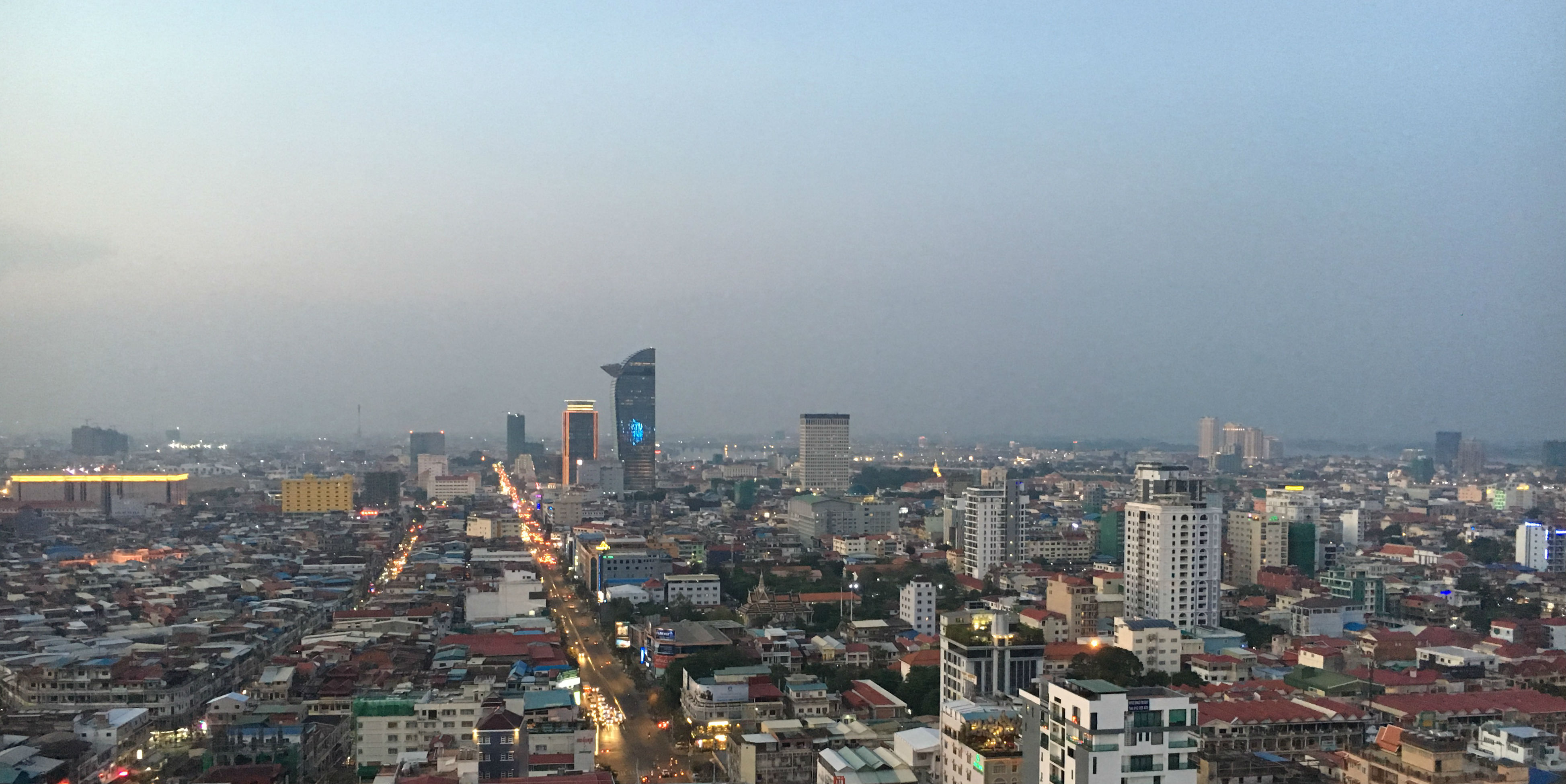
For many of us, urban living means working long hours in front of a computer. It means extensive commutes. It means we sit in cars, in front of the TV, in restaurants, and at the movies.
It’s well-documented that our sedentary lifestyle is increasing rates of chronic diseases like heart disease, high blood pressure and diabetes.
You may be surprised to hear that chronic exposure to noise is another insidious impact on our total well-being. In urban areas, we are exposed to a lot of noise. Silence is rare.

Research is showing that noisy cities increase our stress levels, as well as our risk of heart disease, strokes and heart attacks. It’s not just these. As Mathias Basner, a sleep and noise researcher, states, “Other diseases like cancer, diabetes and obesity, have been linked to noise exposure.”
Interestingly, research is showing our urban lifestyles are also associated with increased rates of chronic inflammation.
Science is finding that chronic inflammation plays a role in many modern diseases. These include arthritis, cancer, diabetes, inflammatory bowel disease, heart disease and Alzheimer’s.
We feel lonely in big cities

It’s not just sedentary lifestyles and noise that impact our physical well-being. It seems that as we go about our urban lives, we are more likely to feel lonely. This has a clear impact on our emotional well-being. Loneliness is dangerous, as it can lead to depression.
In 2018, Theresa May, the Prime Minister of the United Kingdom (UK), appointed a Minister for Loneliness. This was to address that more than nine million people in the UK feel lonely.
UK citizens aren’t the only ones who feel lonely. Three out of four Americans feel lonely. In Australia, it is one in four.
We feel lonely in cities because we experience a lack of meaningful connections with others. Why would some of us feel this way? One of those reasons is that we grow and change throughout our lives. As we get older, we may not fit in with the same group of friends the way we used to when we were younger at school, or at university.
Making new friends in cities can be hard. As reported in CityMetric, Colin Ellard, a cognitive neuroscientist, says, “For many of us – most of us, I think – it can be difficult to break down our natural reserve to reach out to strangers.”
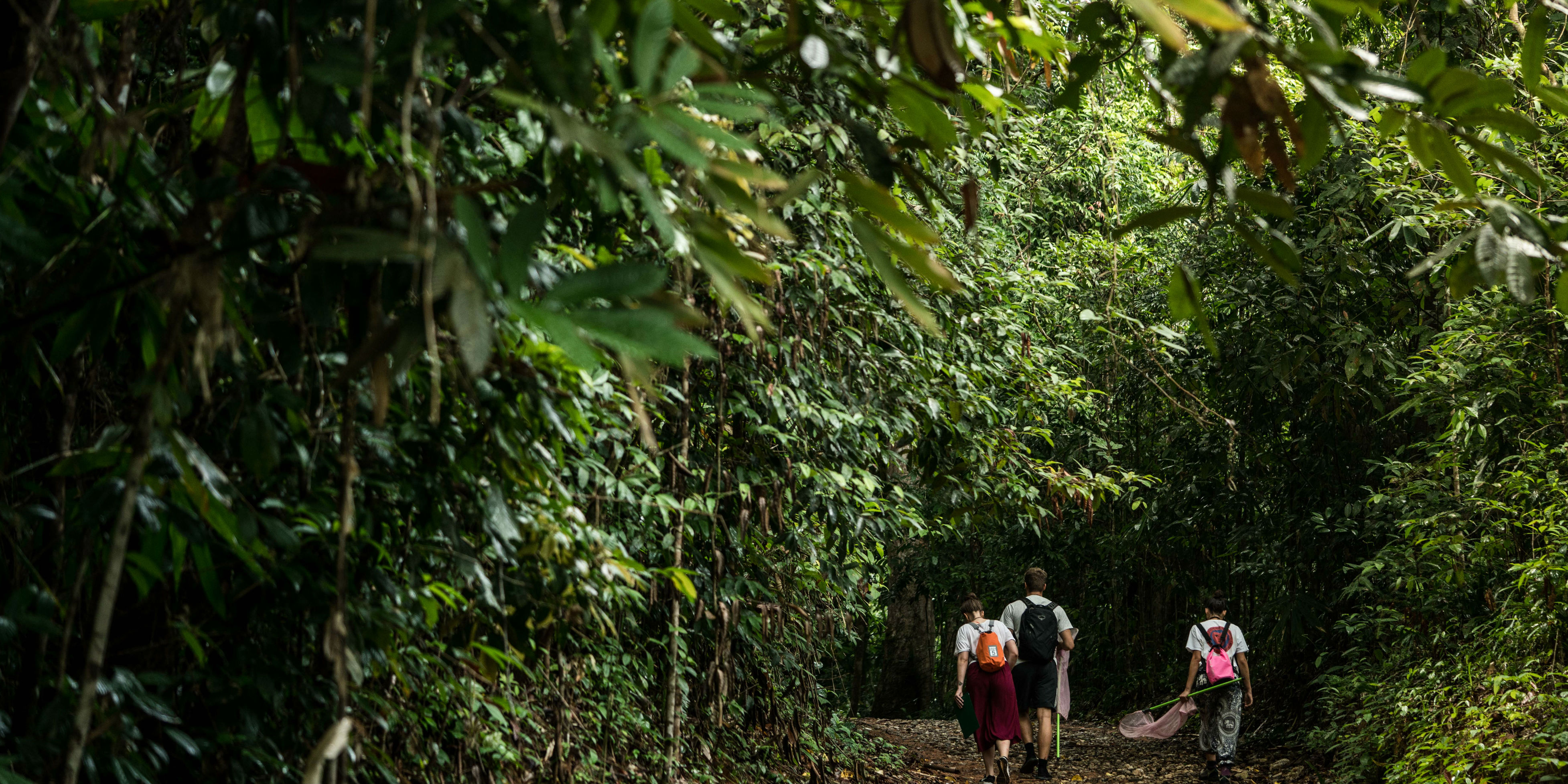
To add to this – we are living in the social media age. A US study has found that those of us who use social media more often feel more lonely. And what do you see people doing on their commute to work in big cities? More often than not we are face-down on our phones on social media, because we have such easy access to the internet in urban areas.
With these factors, and the UN’s prediction about urbanisation by 2050, it seems the world’s population is on course for an overall decrease in health and well-being. However, there are moves to bring more green spaces into our cities.
In the meantime, what can we do about it? Research is showing that when we have time away from cities and reconnect with nature we get many well-being benefits.
We can combat the impacts of stress on our well-being through time in nature

Humans have adapted to live in nature. Our species came about roughly five million years ago. But it has only been recently that we have moved to urbanised environments. Our physiological functions, including how our brains and nervous systems process stimuli, are still adapted to a natural environment.
In cities with constant noise, lights, and movements of people and objects, our brains and our “fight or flight” response are working overtime. This leads to underlying chronic stress. Chronic stress increases your risk of anxiety, depression, and heart disease.
But take a look at what happens when we reconnect with nature. One study has shown that the levels of adrenaline, a stress-related hormone in our blood, is reduced after two nights in nature. Other researchers found cortisol levels, another stress related hormone, was reduced by 12.4 percent after sitting in a forest.
Time in nature combats many chronic diseases and inflammation
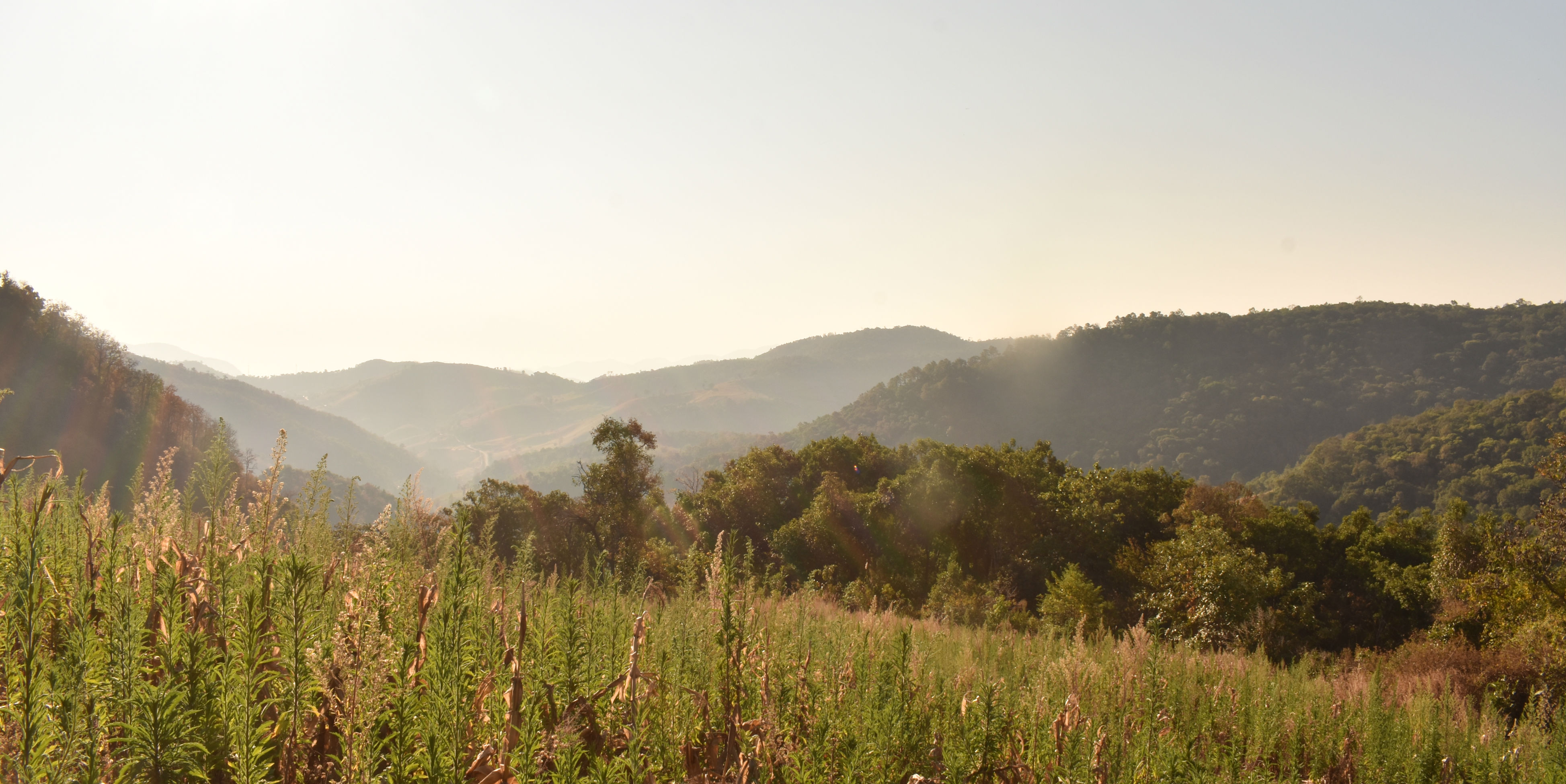
For any of us who suffer from high blood pressure, time in nature can be therapeutic. Another study found people who spend a week in the forest have significantly reduced blood pressure levels.
Time in nature also lends our bodies a hand when it comes to managing chronic inflammation. Research has found when we spend time in forests, the levels of inflammation in our bodies is lower than for people who stay in the city.
When you think about health and well-being, arguably one of the biggest threats to this is cancer. Again, reconnecting to nature is proving beneficial. Preliminary studies are showing that after spending three days in a forest environment something drastic happens.
The activity of cells known as “natural killers” increases. These “natural killer” cells attack tumors. This increased activity can last for up to thirty days after these extended trips to forests. But we can’t jump to conclusions just yet. More research into this area is needed.
Our emotional well-being improves when we reconnect with nature
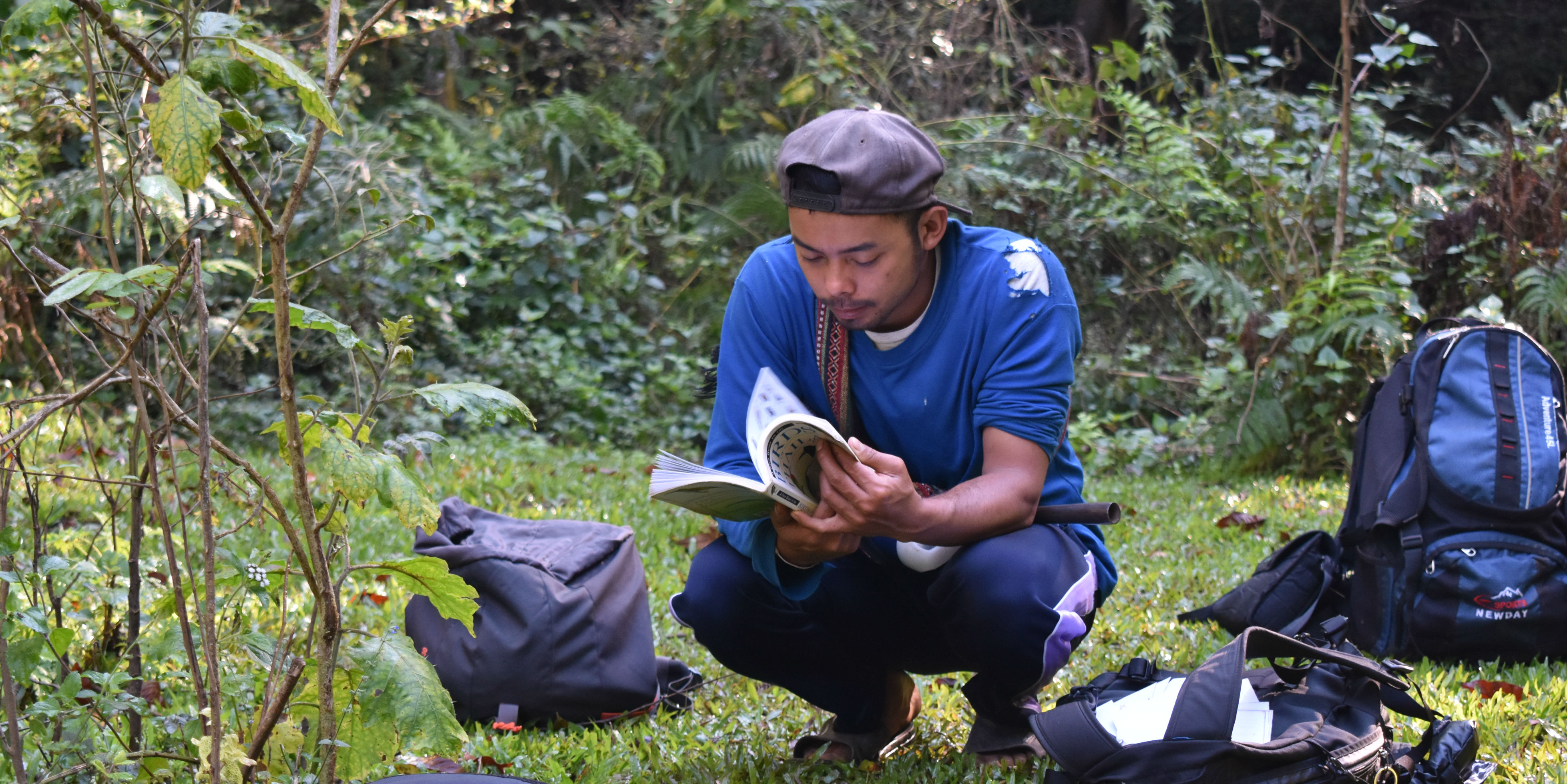
The World Health Organisation (WHO) predicts that by 2020 depression will be the second biggest illness affecting our society worldwide.
Perhaps nature will play a bigger role in addressing this increasing issue. Many studies show time in nature reduces anxiety and depression.
What is happening around the world to increase health and well-being?
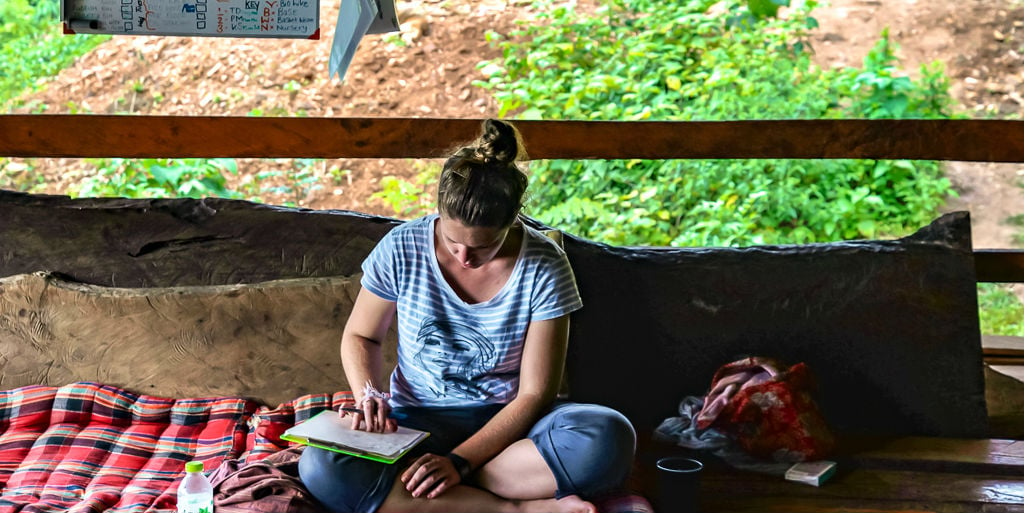
Governments around the world are beginning to put innovative programs in place to improve health and well-being. This is because they have begun to recognise the benefits that nature provides us in terms of total well-being.
At the forefront of this movement is Japan. Since the 1950s, the Japanese government has been encouraging its citizens to “Shinrin yoku”, or forest bathe.
Particular forestry trails and areas have been set up for this purpose. City citizens can escape and immerse themselves in nature, reaping the well-being benefits it provides.
In the US, Canada, the UK and New Zealand, governments are encouraging doctors to write “green prescriptions”. This is for anyone suffering from chronic diseases such as heart disease or high blood pressure, or for anyone suffering from depression or anxiety. The doctor prescribes “doses” of time outside in a green space, and how frequent this should be.
Finland and other European countries have “Power Forests” for well-being. These Power Forests have trails. As you walk along these trails, there are tasks you perform. Dr Kalevi Korpela, who does research on Power Forests, told Hiking Research, “These tasks aim to induce relaxation, improve mood, and enhance the search for a favourite place that can be socially shared.”
What can you do to increase your health and well-being?

You don’t have to wait for your government to develop innovative health and well-being programs. There are many things you as an individual can do to increase your own total well-being.
- Exercise outside.
- Take your lunch break in your local park rather than in the office.
- Take regular weekend trips out of the city and immerse yourself in nature.
- Spend less time on social media.
- Volunteer.
Research is showing your emotional well-being improves when you volunteer your time to a cause that is outside of you. Not only that, but you also spend time with like-minded individuals, and are likely to develop meaningful connections. This is a great way to combat any feelings of loneliness arising from your busy city life.

Better yet, you can do two things at once that are known to increase your overall health and well-being. Volunteering has been proven to have massive health and well-being benefits. So you can have time in nature and volunteer, by doing wildlife conservation volunteering or marine conservation volunteering with GVI.
So if you are looking to improve your health and well-being, you can start by signing up to one of our conservation volunteer progams now.

